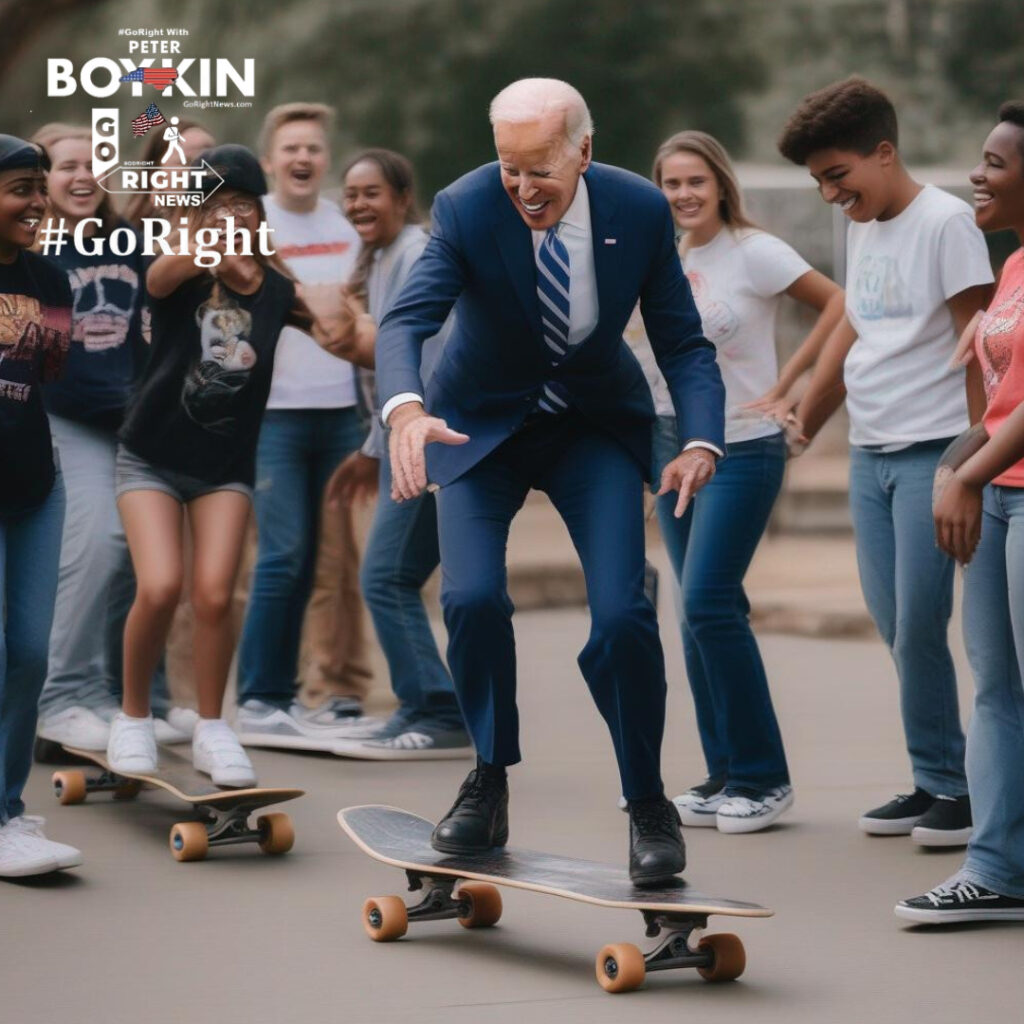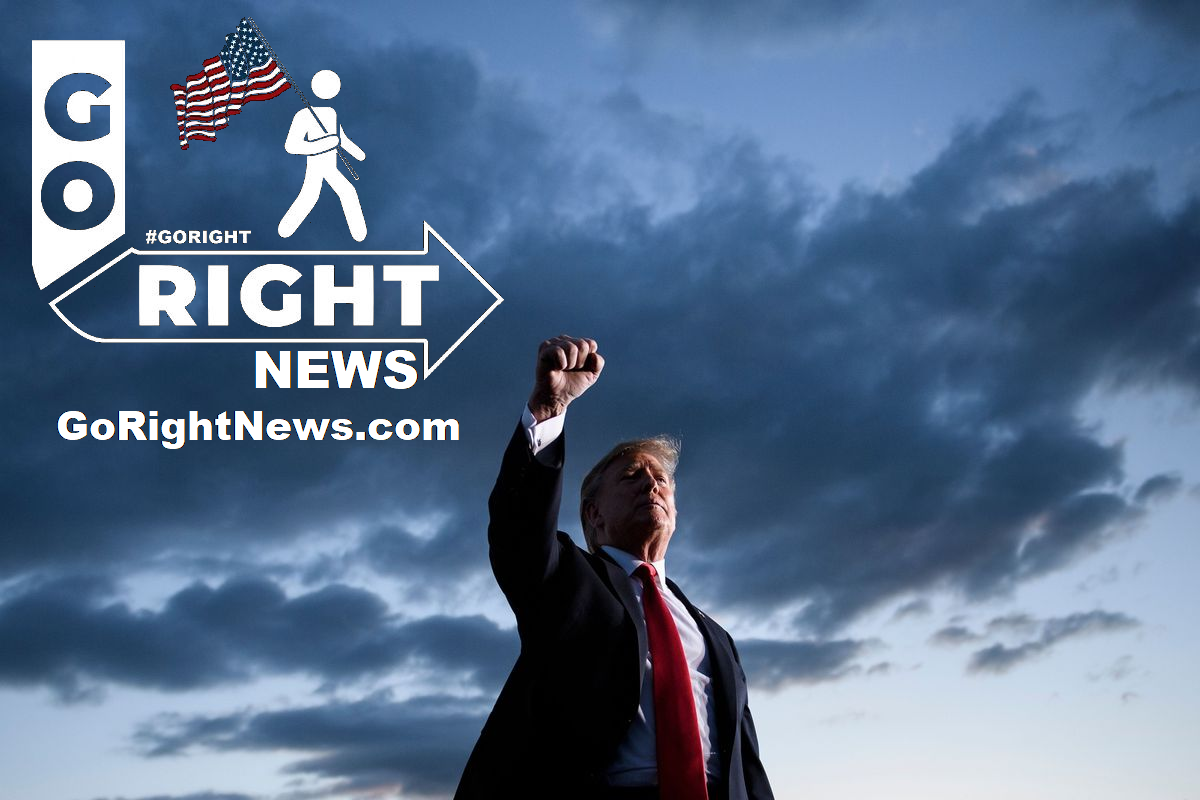Discrepancies in Protests: Examining Legal Treatment Across Political Spectrum
Shared By Peter Boykin – American Political Commentator / Citizen Journalist / Political Candidate
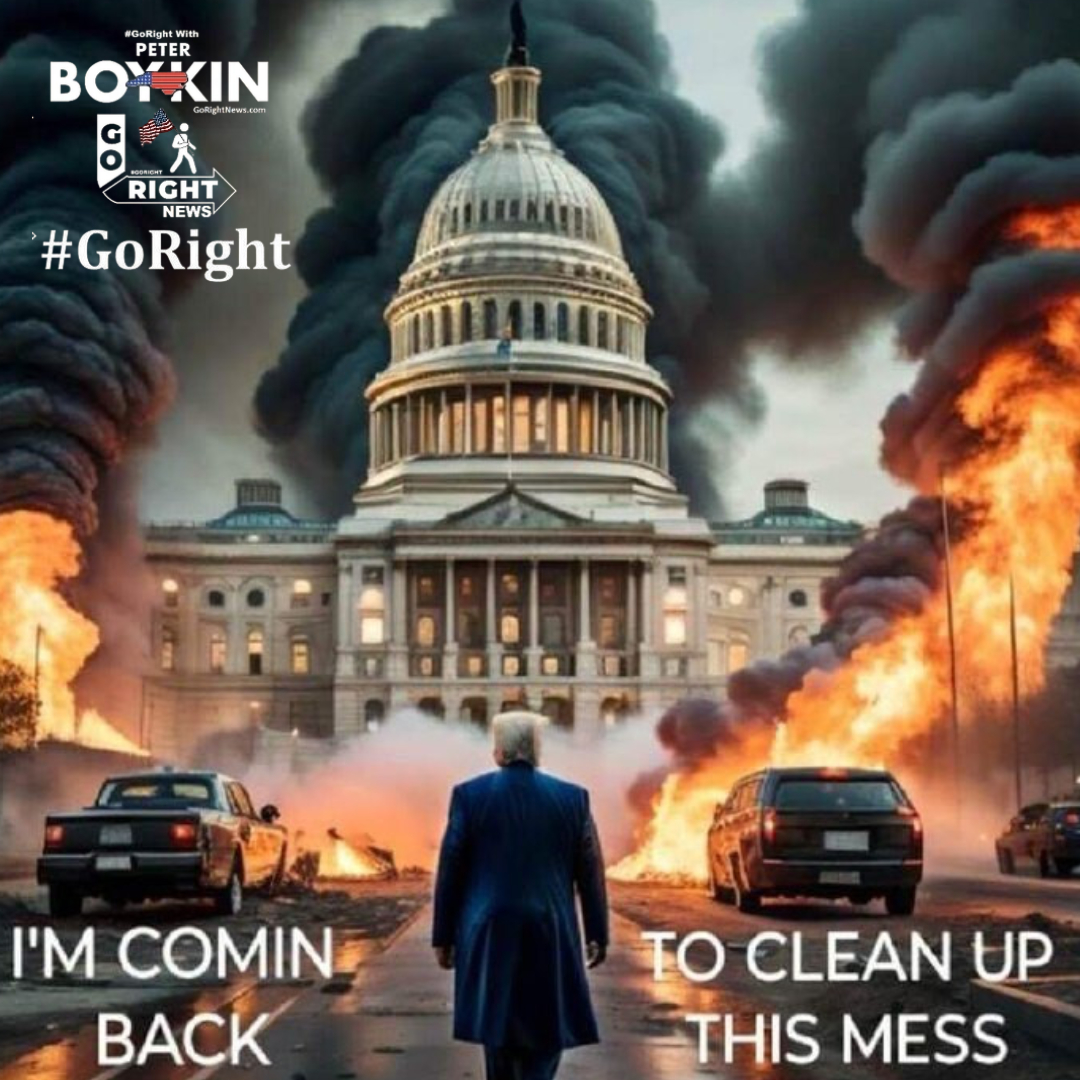
The Aftermath of J6
Discrepancies in Protests: Examining Legal Treatment Across Political Spectrum
The aftermath of the Capitol riot saw Troy Smocks, a Texas man, becoming the second individual sentenced among the 15 defendants linked to the January 6 attack. His guilty plea to a felony for making an interstate threat on Parler resulted in a 14-month sentence. The severity of his actions is unquestionable, but this case ignites a critical inquiry: does the treatment of comparable incidents differ between political affiliations?
This singular case of Troy Smocks brings glaring attention to the disparity in the handling of protests. It raises profound questions about the consistency within the judicial system in addressing offenses related to protests, regardless of the ideological spectrum they emanate from.
Examining the stark contrast in repercussions between right-wing and left-wing protests evokes serious concerns. The glaring discrepancies in sentencing between the two wings of the political divide underscore a potential lack of equity in the justice system’s approach to protest-related offenses.
Media representation adds another layer to this intricate issue. Instances like the Capitol riot receive extensive coverage, often depicted as emblematic of right-wing extremism. However, similar incidents within leftist protests seem to escape similar scrutiny, facing relative silence or leniency from both legal and media domains.
This conspicuous dichotomy in media portrayal and subsequent legal outcomes raises pertinent questions about impartiality. It highlights an apparent double standard within both the justice system and media representation.
Furthermore, this glaring inconsistency prompts the need for a broader examination of the treatment of protests across the political spectrum. The relative leniency shown towards certain left-wing events when compared to the stringent repercussions following right-wing demonstrations unravels a complex landscape deserving deeper scrutiny.
Understanding these nuanced discrepancies is crucial for fostering a more informed and equitable discourse on the challenges prevalent within our society. It calls for a rigorous and critical examination of how protests are treated within the realms of justice and media representation, advocating for fair and consistent standards irrespective of political affiliations.

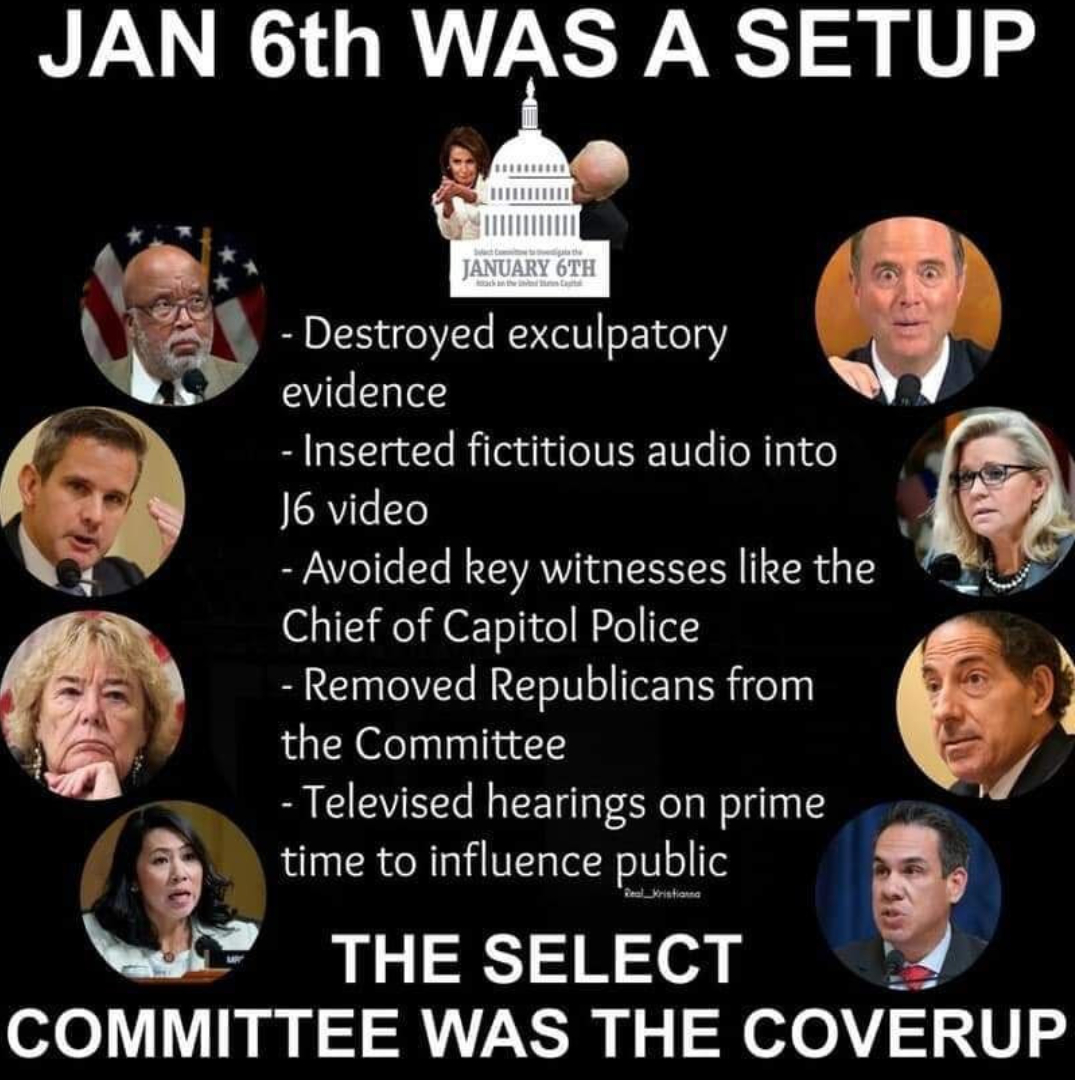
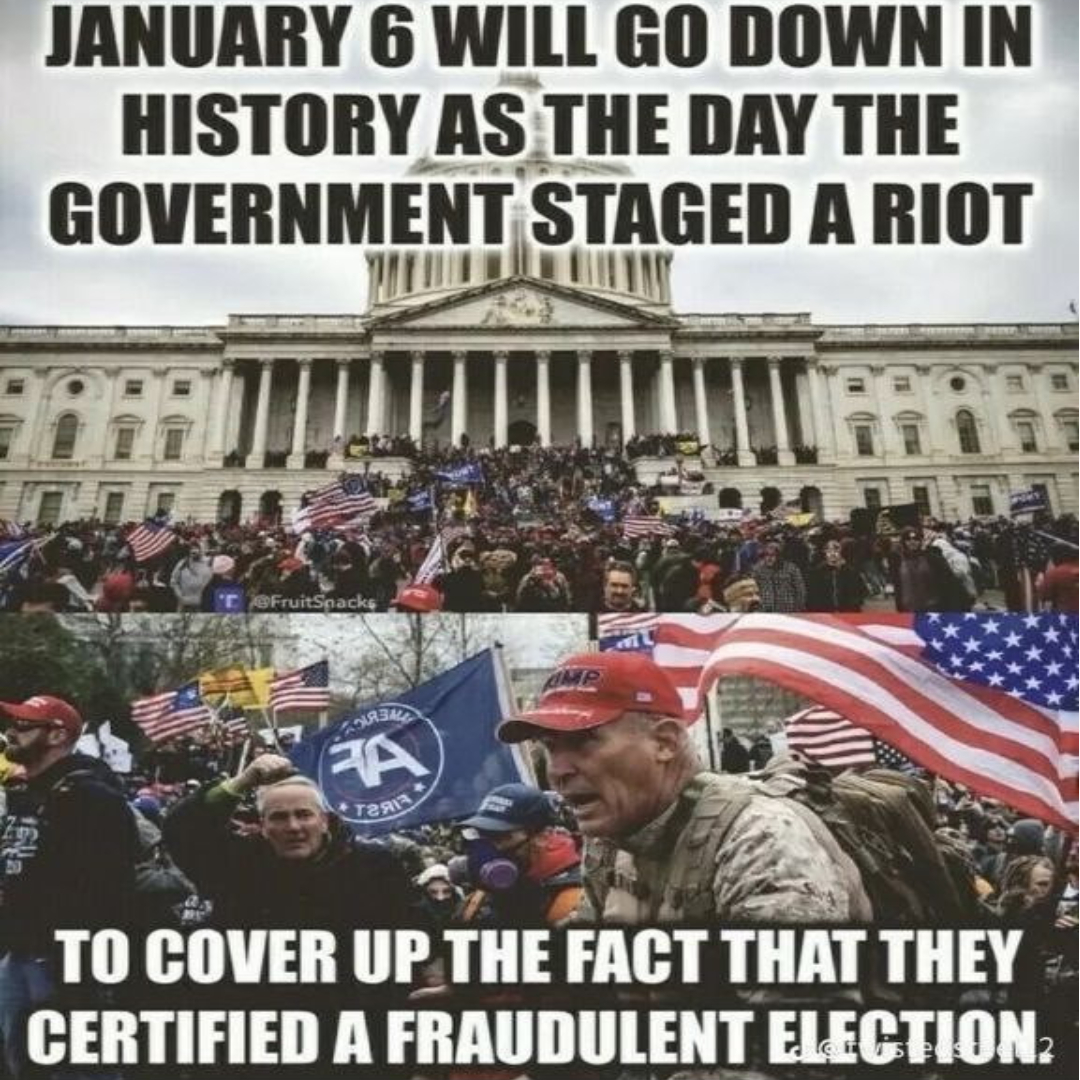
This Article is Brought to you by Go Right News and Edited by Peter Boykin
Visit GoRightNews.com for More Articles and Visit PeterBoykin.com to Learn more about Peter Boykin

